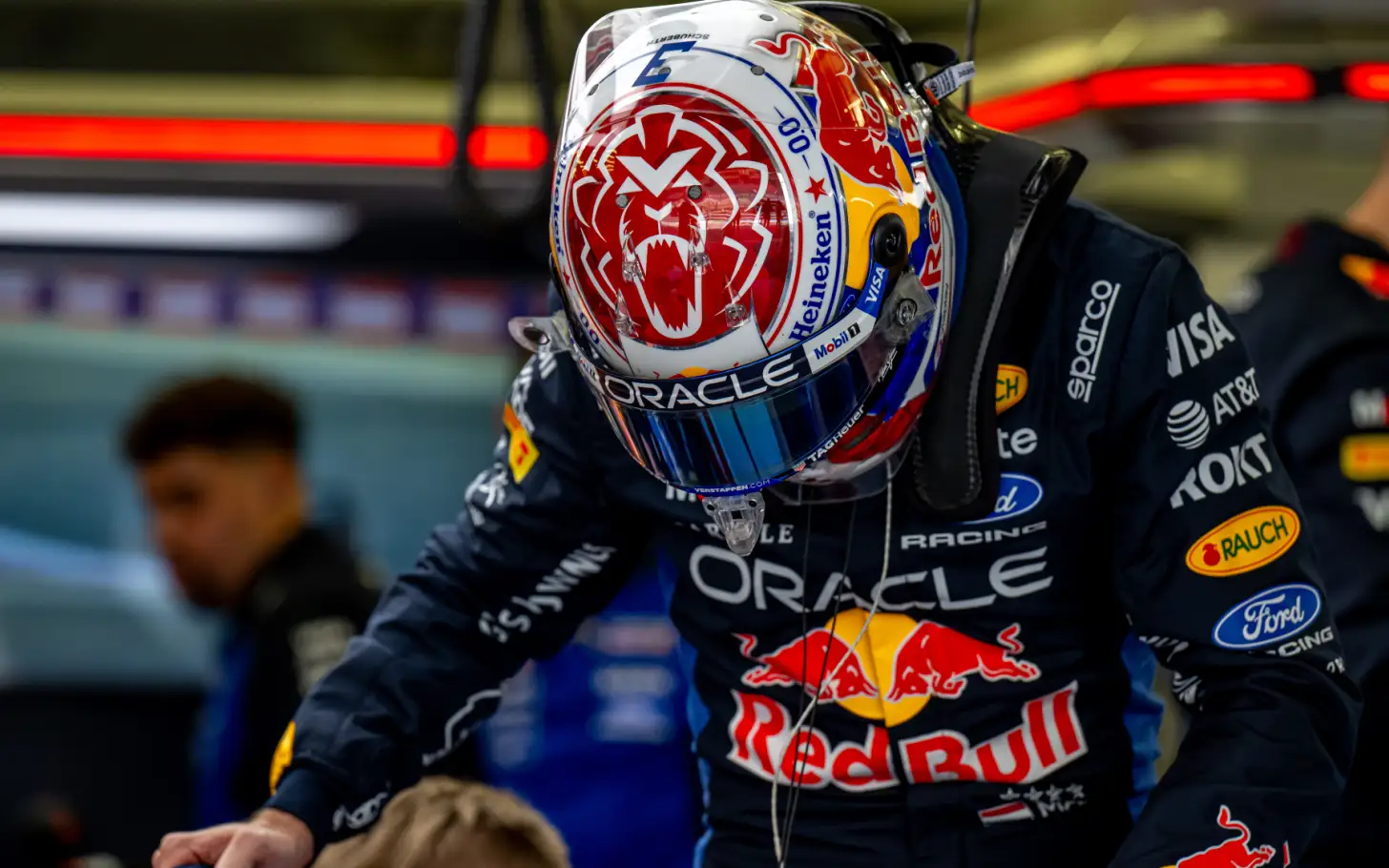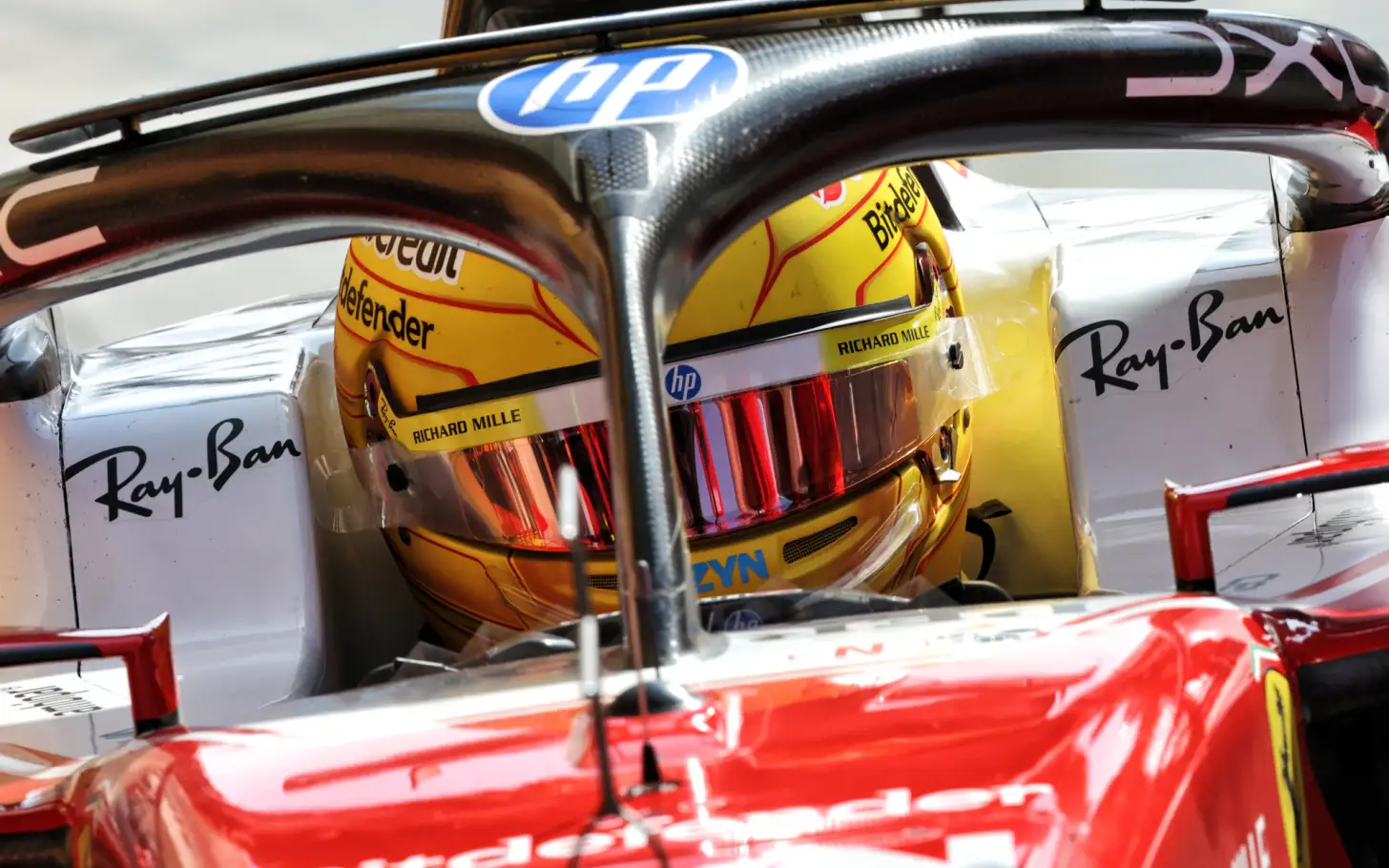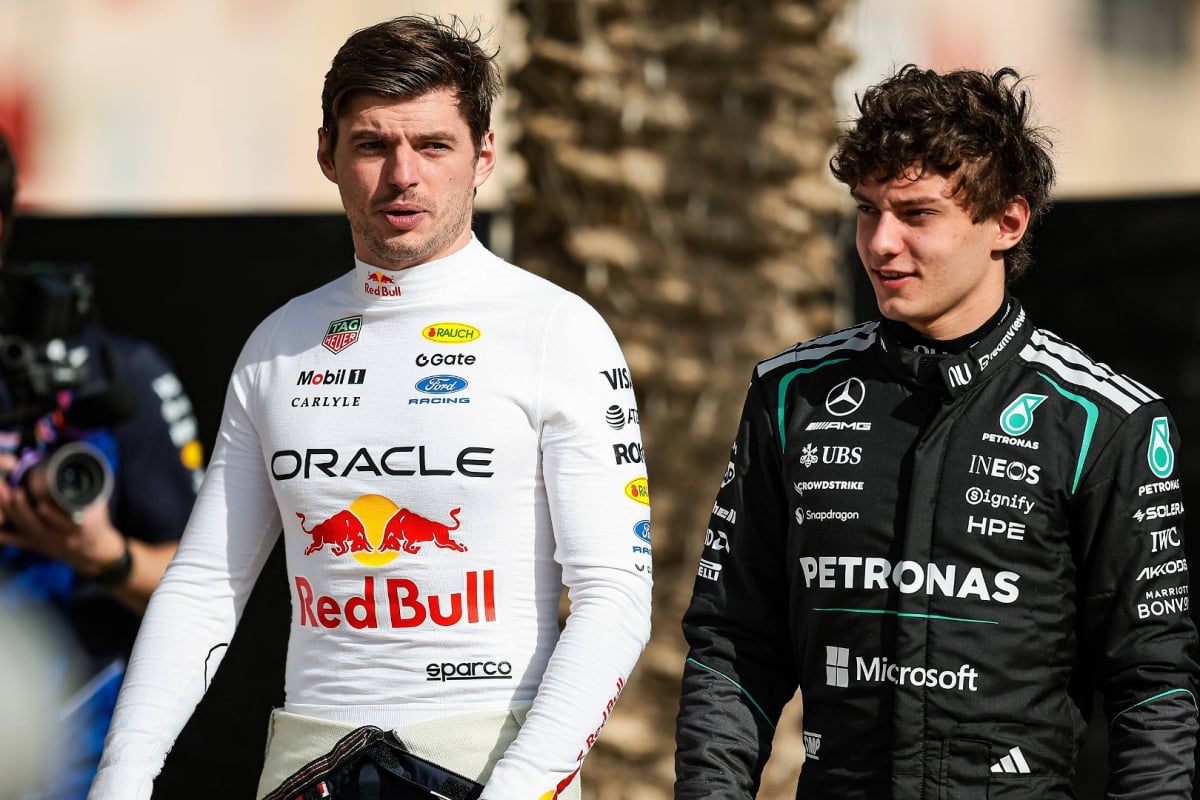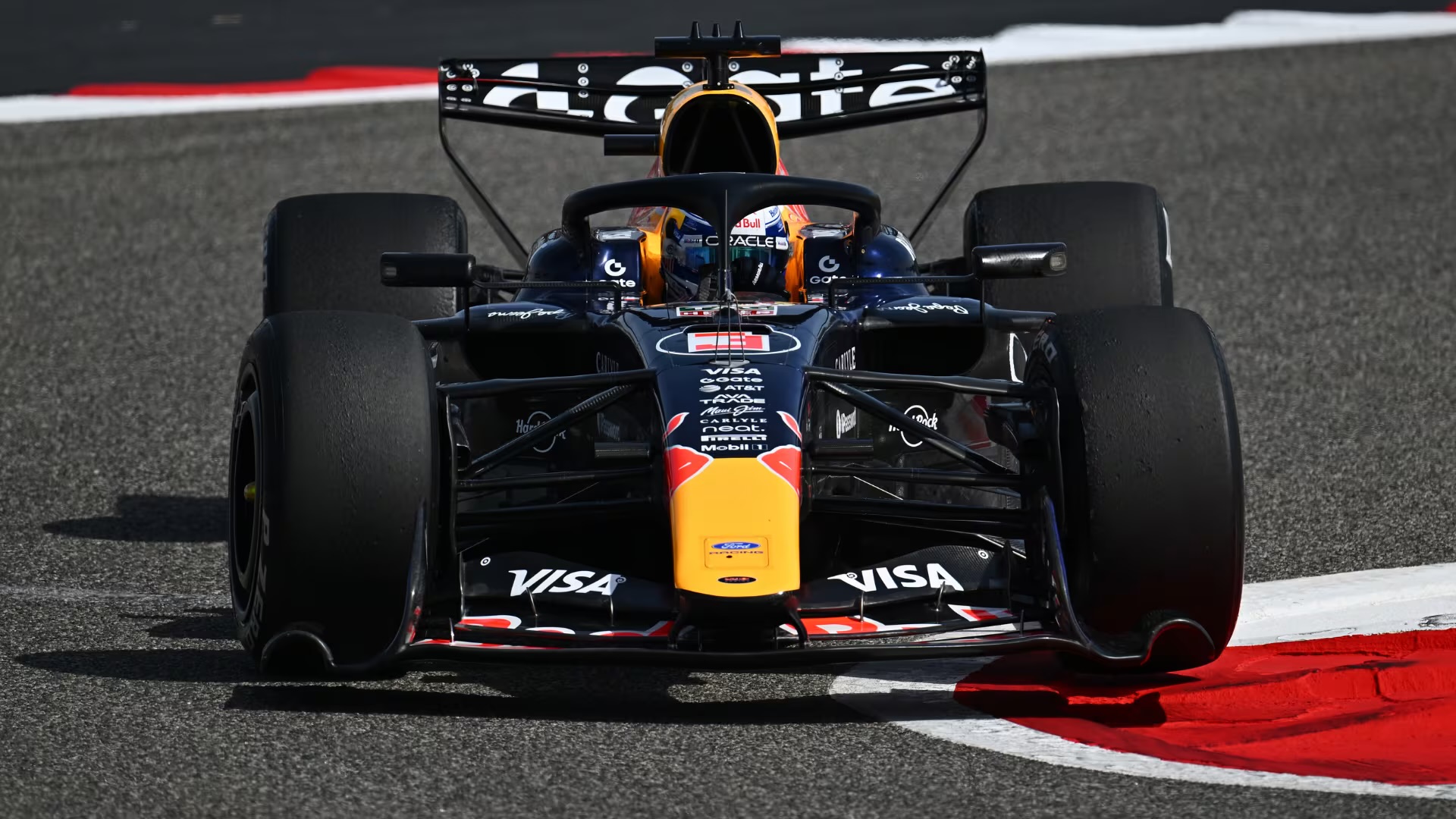Late Penalty Sparks Controversy as Nico Rosberg Calls for Max Verstappen’s Disqualification at Spanish Grand Prix
The 2025 Spanish Grand Prix ended in controversy as the FIA handed Max Verstappen a late 10-second time penalty following a collision with Mercedes’ George Russell — a decision that has sparked intense debate in the Formula 1 world. The incident, which involved two separate collisions between the reigning world champion and Russell, prompted former F1 world champion Nico Rosberg to call for Verstappen’s immediate disqualification, suggesting his actions merited a black flag.
The controversy began shortly after a safety car restart when Verstappen and Russell made contact at Turn 1. Onboard footage and replays appeared to show Verstappen steering aggressively into Russell’s path. The move raised eyebrows both in the paddock and in the commentary box, especially as the pair clashed again just a few laps later. The second collision, which seemed to be a more deliberate act of retaliation or frustration, was the tipping point that pushed Red Bull Racing to instruct Verstappen to yield his position back to Russell in an attempt to avoid steeper sanctions.
Although Verstappen eventually complied with the team’s order and allowed Russell to overtake, the damage had already been done — both figuratively and literally. Verstappen managed to cross the finish line in fifth place, but his penalty dropped him down to 10th in the official standings, severely impacting his points haul for the weekend.
The immediate fallout came from 2016 world champion Nico Rosberg, who was commentating live during the race on Sky Sports F1. Visibly shocked by Verstappen’s actions, Rosberg did not mince his words: “Wow, that’s bad, bad, bad. He just rammed him full on. You need to black flag him.” Rosberg suggested Verstappen’s actions were not just aggressive but potentially dangerous, warranting the most severe punishment available in Formula 1 — disqualification.
The black flag is rarely used in Formula 1, reserved for serious breaches of sporting conduct, such as deliberately causing a collision. Rosberg, however, argued that Verstappen’s behavior met that threshold. He also pointed out the possible role that team instructions may have played in escalating the situation. According to Rosberg, Verstappen may have initially been in the right, but Red Bull’s decision to override him could have led to his visible frustration and eventual misconduct on track. “Max was right in the first instance, and then the team went against Max and caused him to boil over,” Rosberg added.
Social media and the F1 community quickly lit up with opinions. Some fans defended Verstappen, suggesting that his aggressive driving style has always been part of his character and success. Others supported Rosberg’s view, calling for stricter enforcement of racing rules to maintain safety and fairness. The FIA, meanwhile, defended their decision to issue a time penalty instead of a disqualification, stating that while Verstappen’s driving was “overly aggressive,” it did not cross the threshold into dangerous conduct requiring immediate removal from the race.
Red Bull team principal Christian Horner offered a diplomatic response in the post-race press conference, saying, “It was a heated moment, and we understand the FIA’s position. Max gave the place back, which we believed was the right call at the time.”
As the dust settles, the incident is likely to remain a hot topic heading into the next round of the championship. With Verstappen’s penalty reshuffling the midfield points and affecting the drivers’ standings, the implications could be felt well beyond the Spanish Grand Prix.
For now, though, the focus remains on the FIA’s judgment, the nature of Verstappen’s conduct, and whether further disciplinary action should have been taken. The debate is far from over — and Formula 1’s tightrope walk between fierce competition and sporting integrity continues.



